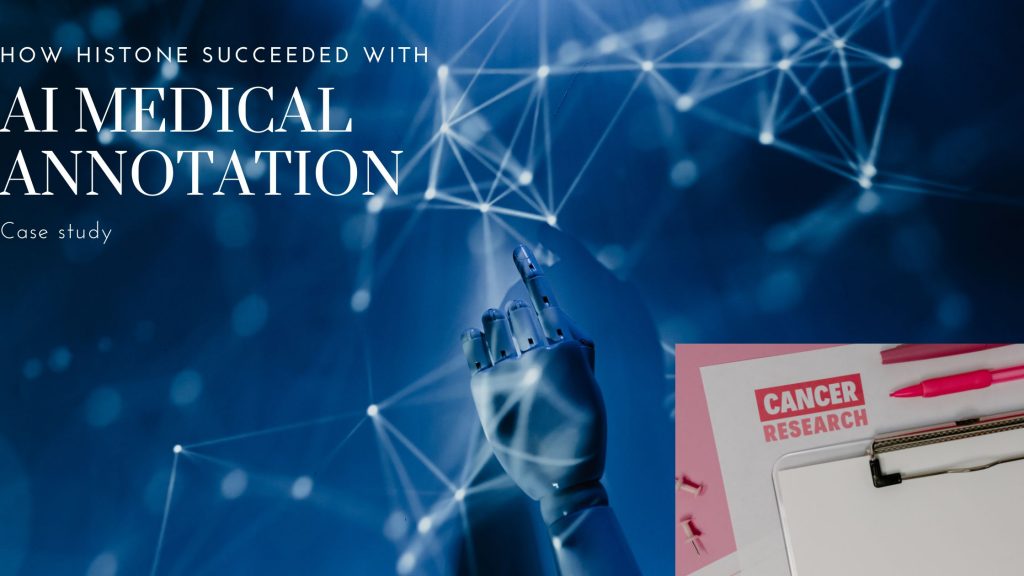Artificial Intelligence (AI) medical data annotation is a powerful tool that allows us to detect and diagnose cancer in its earliest stages. By using this technology, healthcare professionals are able to quickly review large sets of medical data and determine if any anomalies exist. In this article, we’ll discuss how AI medical data annotation works and how it can help reduce the time it takes for healthcare professionals to detect cancer.
How AI Medical Data Annotation Works
AI medical data annotation relies on machine learning algorithms which allow computers to learn from large datasets. This technology is used to analyze patient records, scan images, and other relevant information in order to identify potential cancer-causing anomalies. Once an anomaly is identified, the software then flags it for further investigation by healthcare professionals. This helps speed up the diagnosis process so that patients can get treatment sooner rather than later.
The Benefits of AI Medical Data Annotation
One of the primary benefits of using AI medical data annotation is that it can significantly reduce the amount of time needed for diagnosis and treatment. By analyzing large datasets quickly and accurately, healthcare professionals can identify potential problems much faster than they would be able to without AI technology. This helps ensure that patients receive treatment as soon as possible which can greatly improve their chances of a successful outcome. Additionally, using this technology also helps reduce the workload on healthcare professionals, allowing them to focus more time on providing quality care for their patients.
Another benefit of using AI medical data annotation is that it eliminates human error from the equation. Since computers are not subject to distractions or fatigue like humans are, they are able to review datasets much more quickly and accurately than humans could ever hope to do manually. This helps ensure that any potential issues are flagged correctly so that healthcare professionals can take appropriate action when necessary.
In conclusion, AI medical data annotation is a powerful tool for detecting cancer in its earliest stages which leads to better outcomes for patients and improved efficiency for healthcare providers alike. By allowing computers to analyze large datasets quickly and accurately, healthcare professionals are able to detect problems much earlier than they would be otherwise possible with traditional methods alone. If you’re looking for an efficient way to improve your diagnostic capabilities while reducing costs at the same time, then AI medical data annotation might just be the perfect solution for you!
Here is a case study of how Histo.one uses our application.
